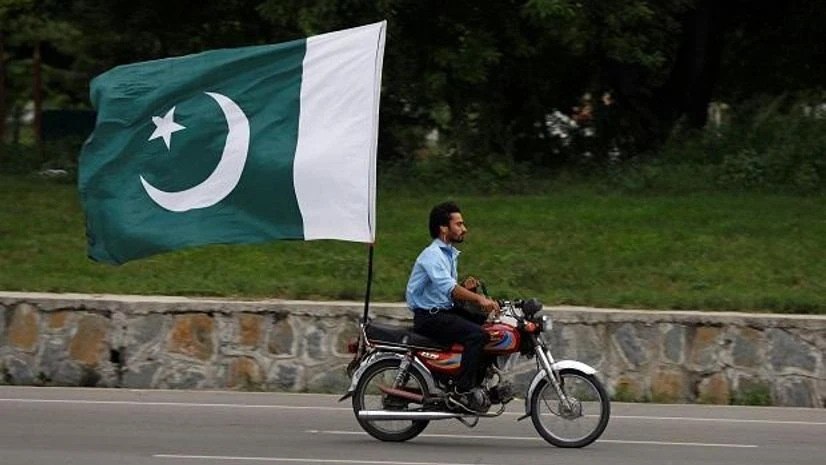After petrol, now the price of food items including sugar, wheat flour has been increased in Pakistan, amid its worsening economic situation.
The Economic Coordination Committee (ECC) of the cabinet on Friday approved an increase in rates of sugar, wheat flour and ghee (butter) at the Utility Stores Corporation (USC) of Pakistan, reported The News International.
The price of sugar was jacked up from Rs 68 per kg to Rs 85 per kg, ghee (butter) from Rs 170 to Rs 260 per kg and wheat flour from Rs 850 per bag to Rs 950 per bag at the USC owing to the increasing gap between the subsidised prices offered by the Utility Stores Corporation and the prevailing market prices.
The committee approved revision in the prices of three essential commodities to rationalise provision of subsidies by the USC.
The News International further reported that the minister for finance and revenue Shaukat Tarin chaired the committee meeting. The committee also approved the import of 200,000 ton sugar, subsidy on DAP fertiliser for cotton and rice crops and procurement of 200,000 cotton bales by the Trading Corporation of Pakistan.
On Thursday, the Imran Khan-led Pakistan government has increased the petrol price by Rs 5.40 per litre and the high-speed diesel (HSD) by Rs 2.54 per litre.
More From This Section
Dawn reported that the Pakistan Tehreek-i-Insaf government has increased the prices. As of now, the new price for petrol will be Rs 118.09 per litre, diesel will be Rs 116.5 per litre in the country.
Meanwhile, the prices of kerosene and light-diesel oil (LDO) were increased by Rs 1.39 and Rs 1.27, respectively. The new price of kerosene will be Rs 87.14 and that of LDO will be Rs 84.67.
The announcement was made by Special Assistant to Prime Minister on Political Affairs (SAPM) Shahbaz Gill. He said that the premier had decided to give the public "huge relief" by not raising prices based on the recommendations of the Oil and Gas Regulatory Authority ( Ogra).
According to the World Bank (WB) estimate, poverty in Pakistan has increased from 4.4 per cent to 5.4 per cent in 2020, as over two million people have fallen below the poverty line.
Using the lower-middle-income poverty rate, the WB estimated that the poverty ratio in Pakistan stood at 39.3 per cent in 2020-21 and is projected to remain at 39.2 per cent in 2021-22 and might come down to 37.9 per cent by 2022-23, reported The News International.
(Only the headline and picture of this report may have been reworked by the Business Standard staff; the rest of the content is auto-generated from a syndicated feed.)

)
